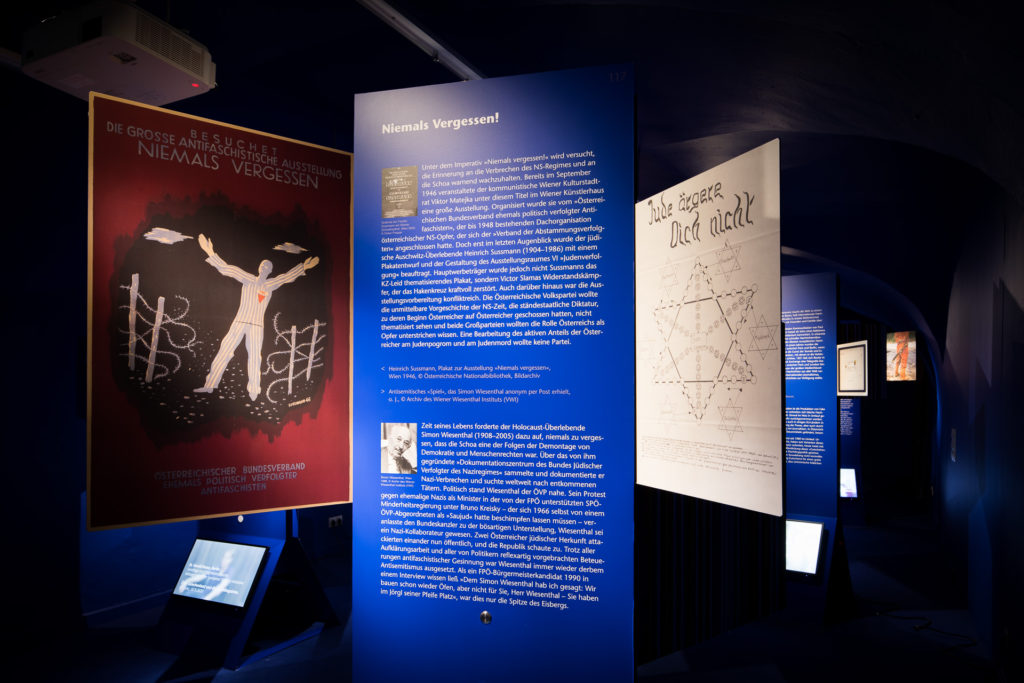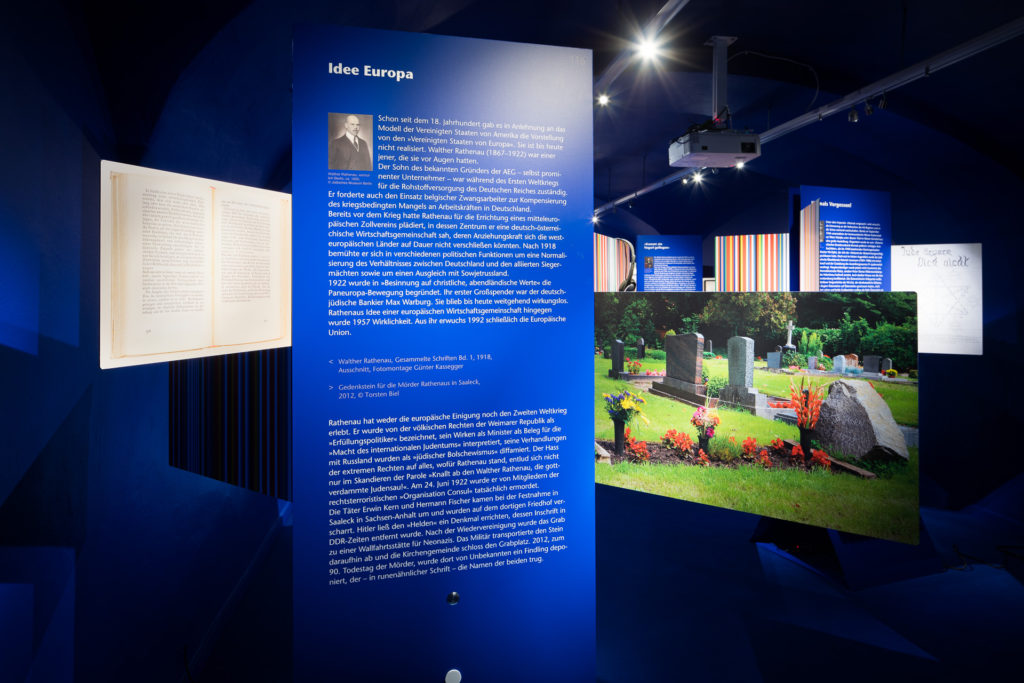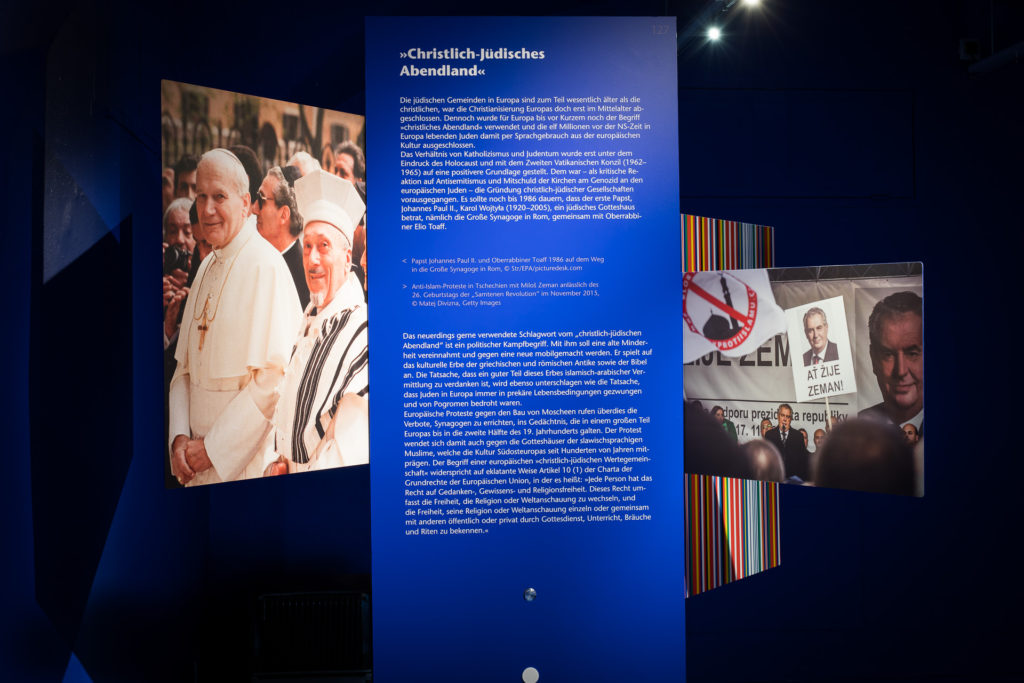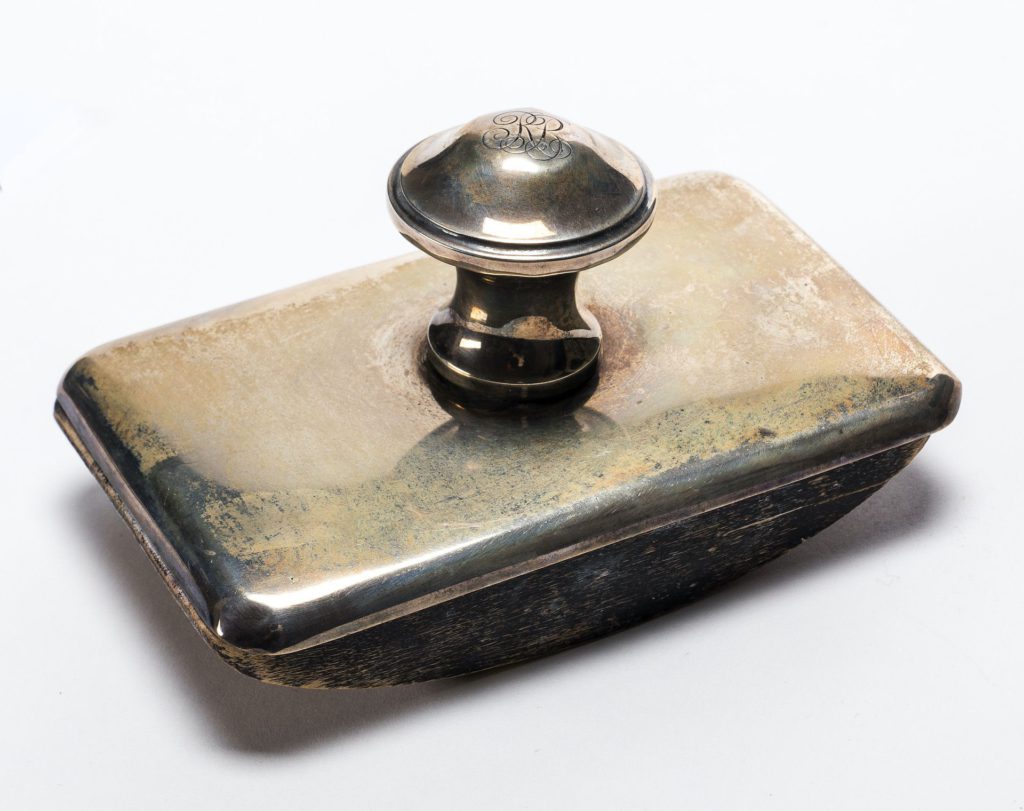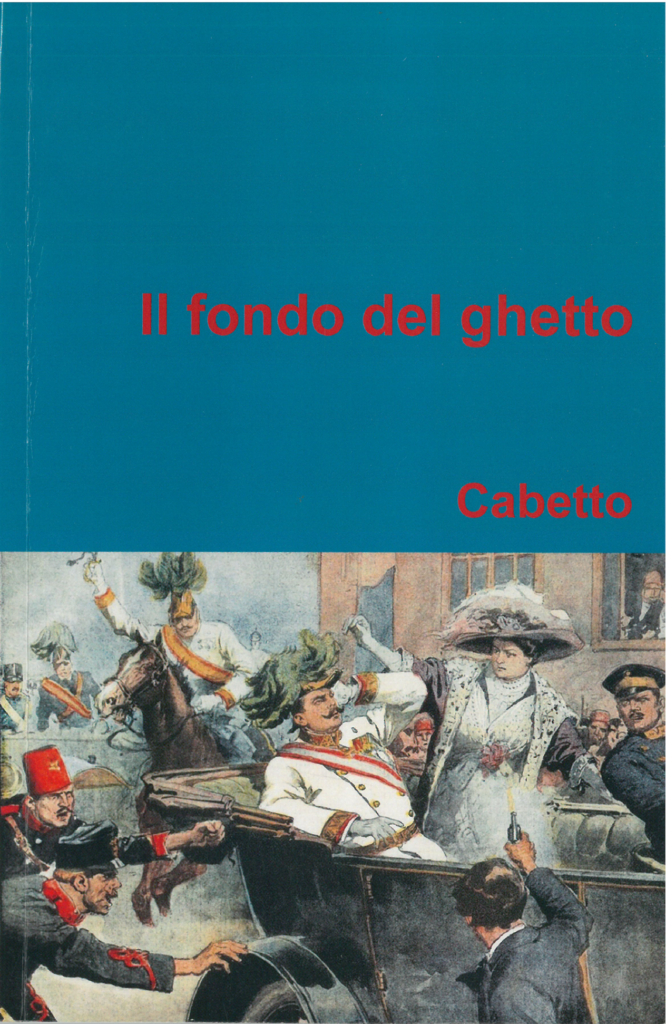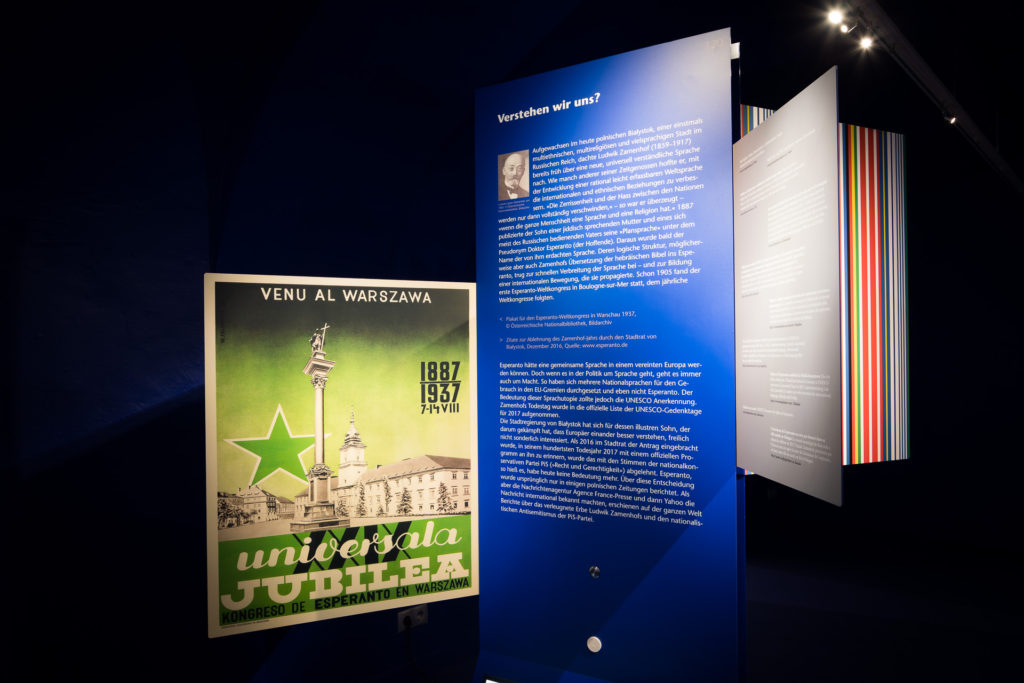More than 200 scholars from around the world have signed the Jerusalem Declaration on Antisemitism. Most of them are Jews who have dedicated their lives to the study of Jewish history, anti-Semitism or the Holocaust. And who are united by a growing sense of unease that prompted me to sign as well.
https://jerusalemdeclaration.org/
The fight against anti-Semitism has been hijacked, by political interests that have little to do with defending Jewish life and culture, with defending Jewish self-determination. We live in a world in which an authoritarian nationalist like Victor Orban, who owes his power not least to an anti-Semitic campaign, can declare himself a friend of Israel. His propaganda is based on an effective strategy: he combines racism against Muslim migrants (of which there are none in Hungary) with anti-Semitic conspiracy theories about the alleged power of a “Jewish capitalist” who wants to rob Europe of its Christian identity by flooding it with “Oriental” immigrants. In the same vein, last year “King Bibi’s” heir to the throne Yair Netanyahu joined the AFD in calling for the end of the “globalist EU” and a “Christian Europe.” The world in which we fight anti-Semitism today has become more complicated.
But when German politicians talk about anti-Semitism today, there is almost only one topic: BDS, the Palestinian boycott movement and its friends – or, precisely, people who are accused of it, but who in fact are not. The dispute over this has various dimensions. It is about whether we understand Europe, whether we understand Germany as open societies in which we may be ethnically, culturally and religiously different, but live together in compliance with common rules, or whether we define identities and territories homogeneously, thus perpetuating the catastrophe of nationalism. This then also includes: to refer the Jews to “their” territory.
At the same time, it is about a painful inner-Jewish dispute: Can we still – or finally – live self-confidently and self-determined in the Diaspora after Auschwitz? Or, after the national delusion of the 20th century, must we all entrench ourselves in a “safe haven” that may turn into a self-imposed ghetto, only this time behind walls of our own making?
And finally, an internal Israeli dispute is becoming ever more apparent, over whether this country should be an ethno-religiously exclusive castle to which Jews can retreat, or whether the country should be “liberated” from “foreign occupation,” as BDS demands. Or whether it can become a common state of its Jewish and non-Jewish citizens, which must find what these people can share with each other, but cannot be based on what separates them.
How and why one positions oneself in these conflicts also determines which definition of anti-Semitism one leans towards. And what and whom one fights under this sign. Only a few days ago, Germany’s “anti-Semitism commissioner” Klein uttered the strange sentence that there is no wrong and right understanding of anti-Semitism. Could he mean anything other than: there is no need for a proper concept of what we mean by defining something as anti-Semitism, because he alone decides that anyway? “Who is an anti-Semite, I decide”.
The “working definition” of the International Holocaust Remembrance Alliance, which is now used by many governments as a yardstick for such judgments, was launched with noble motives, and is proving to be a boomerang. It oscillates between meaningless generality: “Antisemitism is a certain perception of Jews, which may be expressed as hatred toward Jews”, and a focus on the issue of Israel that invites political abuse, an abuse that one of the definition’s first authors, Kenneth Stern, has since strongly deplored. To date, it is not really clear what the IHRA actually decided at its 2016 Bucharest conference. Just the skinny four lines posted on the Alliance’s website as a “working definition”? Or also the examples positioned below it, which, it literally says, may serve as an “illustration?
In 2017, the German government eagerly quoted the first sentence of the working definition as an allegedly decided part of the definition: “Manifestations might include the targeting of the state of Israel, conceived as a Jewish collectivity.”
With this “illustration”, which from now on will be colocated as a resolution, the IHRA definition produces above all a misunderstanding.
In fact the reverse is true. It is not primarily anti-Semites, but the self-proclaimed “defenders” of Israel, who want to define this state as a “Jewish state”, and thus as the core of the “Jewish collective”. And who can thus declare any criticism of this state, its policies, and its exclusive definition “as a Jewish state” to be a case of “anti-Semitism” when the Israeli “Ministry of Strategic Affairs”, set up specifically for this purpose, decides that this criticism is not appropriate.
No, the dispute about BDS is not really about BDS at all, it is about whether one is allowed to discuss a different constitution of Israel, and about whether Jews are allowed to make self-determined decisions about their lives in the Diaspora or not.
The fact that the debate about Israel and Palestine leads to all kinds of injustice, to double standards, and to a toxicity in the debates that can hardly be surpassed, is not primarily due to anti-Semitism. It has to do with the fact that the adherents of the two largest world religions assume that the fate of the world is decided in Jerusalem. This is an attitude that is often not even conscious and does little to resolve the conflict. To declare the respective opponent an anti-Semite or a racist only leads further in a hopeless spiral of violence and non-recognition of the other. The Jerusalem Declaration could help to bring the discussion about Israel and the discussion about anti-Semitism back into more rational waters, and that means, above all, to separate them a bit. Even if the storm of “indignation” or its seconder, the gloating, will not be long in coming.

